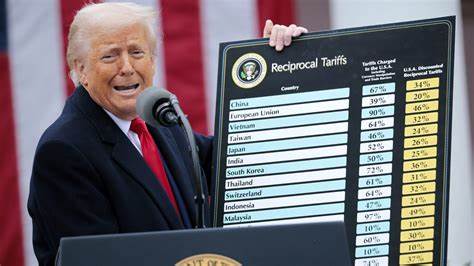Nigerians are divided over who to blame for the crisis that has erupted from the transition from the old Naira to the redesigned banknotes.
Prime Business Africa reported that Nigerians are stripping themselves in banking halls and protesting against banks due to their inability to access their money deposited in the financial institutions.
Join our WhatsApp ChannelThe Central Bank of Nigeria (CBN) had given two months for the transition, however, due to protests and criticism of the financial regulator, the apex bank shifted the deadline from Tuesday, 31 January 2023, to Friday, 10 February 2023.
Recall that the central bank had in October 2022 announced it will redesign the N200, N500 and N1,000 denominations, and went ahead to unveil and release the new banknotes in December last year, however, the new Naira notes have been insufficient in the face of high demands.
During a Twitter space organised by Prime Business Africa, held on Friday, 3 February 2023, Nigerians discussed the Naira debacle.
Addressing the situation, Business Editor, Sunday Michael, said Nigerians are used to leaving things late, hence the failure of the Naira policy by the CBN.
Michael gave instances that Nigerians have done things in a rush, citing the registration on National Identification Number (NIN), Permanent Voters Card (PVC) and Bank Verification Number (BVN).
“We saw it with the NIN, until the lines were blocked, even though it will take you less than five minutes to have that done. We saw it with the BVN, you could see with the collection of the PICS, people leave it very late and then complain about how the system is overcrowded.
“I’m not saying the system is perfect, but I would have thought that if people had taken steps much longer than this time, some of the things we see will not be there,” he said.
Michael added that Nigerians do not also trust the system, hence, the rush at the Auto teller Machines (ATMs). He said some Nigerians don’t need cash, but because they don’t believe the central bank, they still try to withdraw as much as possible in order not to be caught by surprise.
He asserted a crisis of confidence in Nigeria’s public institutions is also affecting the implementation of the transition, stating: “And because of that crisis of confidence, you are not sure whether to believe the information coming from them or you begin to interpret them in several other ways possible.
“That has impacted the messaging we get from these institutions. Some of the things you are seeing as reporter is that you are just seeing people rushing to get money at the ATM even if they have no need for it. Even if what they needed that money for, they can basically do a transfer.
“We saw that consistently with the fuel crisis. Rather than get what you need and move on, when the messaging from the NNPC was no longer trusted about having six billion (fuel) in reserve, what happens is people load their tank up, and if it drops a bit, whenever they get to a station selling, they top it up, because nobody wants to be caught unawares.
“So many people in the system are going for cash because they have this impression that they could wake up tomorrow and will not be able to do anything.”
Although he also said banks are not doing enough to accommodate persons using the cashless platform, as some banks’ digital platforms have been unable to facilitate transactions.
However, On-Air-Personality (OAP), RechWhyt, argued in favour of Nigerians stating that the regulator should be held accountable cause they should have weighed the pros and cons of the policy before declaring it.
“When people are given responsibilities, probably to regulate something, the lawmakers, the ones who actually make these things happen, they should be held accountable.
“How do you come up with, yeah, we need to do a cash swap without having enough on ground for people to access?
“Now this leaves us running helter-skelter, trying to curb a menace that has already gone out of hand,” she said.
RechWhyt, who also doubles as Voice Over Artist, said Nigerians at the grassroots are suffering from the policy, while the rich are not impacted by the CBN decision.
“If you go underground right now, I don’t know if it’s really affecting the people at the top, the people with big office, but if you get to the grassroots, if you get to the ground to see what the common people are suffering, we would weep.
“They had it (money) but you told them to go and put it at the bank, I’m not taking this, this will no longer be a legal tender, dump it at the bank, and then you could get new notes, new notes that weren’t circulated enough.
“Now these people are now saying, okay, let me get even these old notes, it is hard. We are now buying Naira, we are struggling to buy, we are finding it very hard to buy.
“They say they go to market to find out from those women after selling (if) they wish to put their money in the bank, they will now sell it to them and they will buy it. And then come and sell it back to us.
“Okay, what happens to some who had N5,000 to withdraw and you will need to pay N1,000 to get 4k (N4,000) – I mean a family of five that needs to survive.
“We really need to put things on ground. Before you say let’s do this, you must have strategies. You (must) have thought of the advantages, the disadvantages, what may likely happen, trying to cover all the lacuna before just saying let’s this happen,” RechWhyt said.


















Follow Us